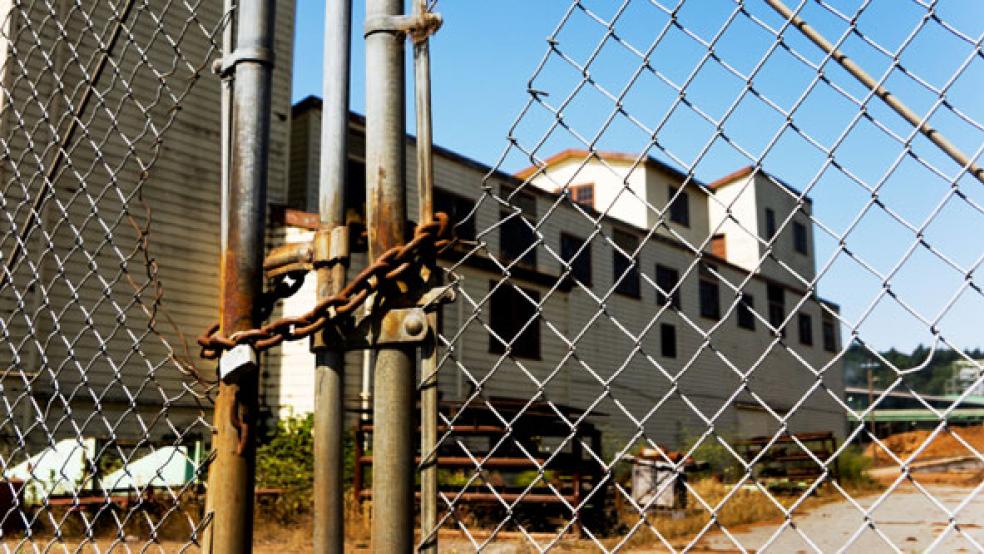The Federal Reserve is still aiming to rein in inflation without causing a recession, but many economists think that a significant slowdown is more likely than not.
In a survey released Monday, 72% of forecasters in the National Association for Business Economics said they expect to see a recession by the middle of 2023 — and nearly 20% think the economy is already there.
“Overall, panelists are not confident that the Federal Reserve will be able to bring inflation down to its 2% goal within the next two years without triggering a recession,” NABE’s analysts wrote, summing up the views of the 198 participants in the biannual survey. “In addition, roughly one-fifth of panelists believes the U.S. is already in a recession, while nearly half the panelists—47%—expects a recession to begin by the end of 2022 or the first quarter of 2023.”
One problem identified by the forecasters is that they think the economy is still receiving too much of a boost from the government, with slightly more than half of respondents saying that current fiscal policy is too stimulative. At the same time, about three-quarters expressed approval of the Inflation Reduction Act, with 69% supporting the 15% minimum corporate tax, 68% supporting the Obamacare subsidies and drug price negotiation power for Medicare, and 63% supporting the increased federal spending on combatting climate change.
All eyes on Powell: As central bankers gather this week for their annual meeting in Jackson Hole, Wyoming, to discuss the state of the global economy, investors and forecasters are waiting for Fed chief Jay Powell to provide an update on his latest thinking about the battle against inflation when he speaks on Friday.
Many on Wall Street are hoping that the Fed has seen signs of economic slowing and can therefore ease its tightening campaign. But expectations are high that Powell will signal that the central bank plans to maintain its exceptionally vigorous anti-inflation effort. “They are so focused on doing this partly just because they screwed up last year with the whole ‘transitory’ thing, and they realize that the one thing they can do now is tighten policy, and that will slow inflation,” Kevin Cummins, the chief US economist at NatWest Markets, told Bloomberg.
Former Treasury Secretary Lawrence Summers on Monday urged Powell to maintain the current path – and to make it clear that conditions are not yet tight enough, and that further tightening will necessarily cause economic pain.
“My worst fear would be that the Fed will continue to be suggesting that it can have it all in terms of low inflation, low unemployment and a healthy economy,” Summers told Bloomberg Television. Continuing to talk about a soft landing, in which inflation falls without unemployment rising significantly, inserts “a certain confusion into all of their statements,” he added.
Summers said that, in his view, financial conditions are still too loose, and inflation is still very much a problem. “I don’t see that we’re making any great progress with respect to core inflation,” he said. “We’ve still got a substantial inflation challenge ahead of us.”
Summers called on Powell to make it clear that “policy is not yet restrictive, that it needs to be restrictive if we’re going to contain inflation, and that we’ll need to accept the consequences of that.”
The message should “be delivered starkly and clearly,” Summers added.




